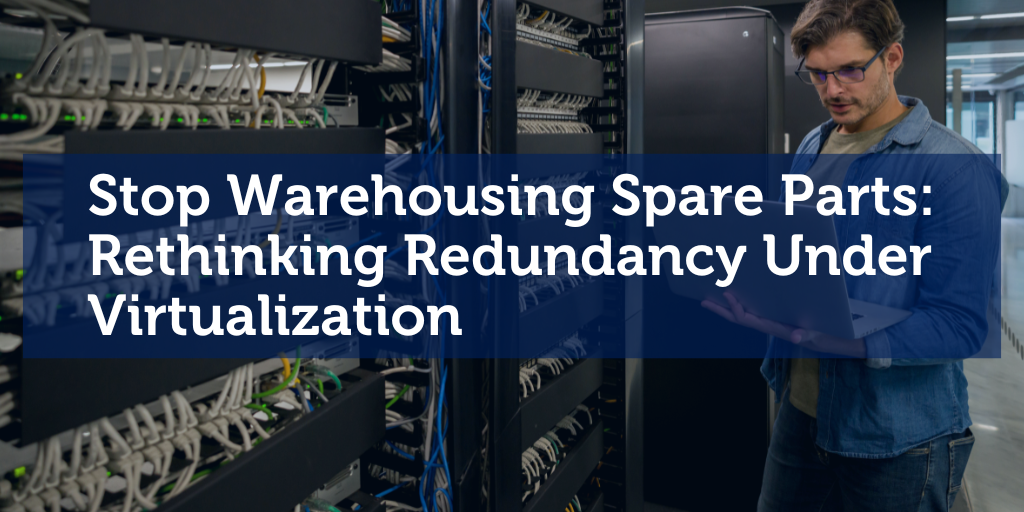Satellite Earth Station Antenna Control System
At Satellite 2016, Radeus Labs announces the immediate availability of the Model 8200 Satellite Earth Station Antenna Control System, enabling customers with legacy systems or new installations to upgrade to the new state of the art controller.
“The 8200 has been developed to compete with and outperform the most widely known legacy controllers of the past 20 years,” said Louis Barnett, Director of Sales & Marketing at Radeus Labs.
Customers have already benefited from deploying the 8200. Radeus Labs is partnering with Bill Anton at Alpha Satcom to provide control systems for their new antennas and US Electrodynamics at two of their teleport operations to both conduct extensive testing of the 8200 and install on their customer’s new antenna installations. The 8200 will enable customers to track and control on site and remotely, maintaining communications with their targets. “This is so much easier to use than the legacy controllers we have,” said Eduardo Martinez, Station Engineer, USEI.
The 8200 is a product driven by many years of customer feedback and is part of Radeus Labs commitment to innovation and delivering the latest in tracking controllers. The 8200 is available for configuration and sale by contacting Radeus Labs at sales@RadeusLabs.com or by visiting the website at www.radeuslabs.com.
Founded in 2002, Radeus Labs, a leader in Computing Solutions, was created out of the need to produce high tech, cost effective custom computing solutions that did not compromise on quality and value. Since then, operations have expanded to cover a diverse range of other quality products and services.

![[NEW GUIDE] A Step-by-Step on Getting 3dB Beamwidth Right in Real-World Teleport Operations](https://blog.radeuslabs.com/hubfs/%5BNEW%20GUIDE%5D%20A%20Step-by-Step%20on%20Getting%203dB%20Beamwidth%20Right%20in%20Real-World%20Teleport%20Operations.png)
.png?width=200&height=277&name=1%20(2).png)

 AIAA SciTech 2026
AIAA SciTech 2026